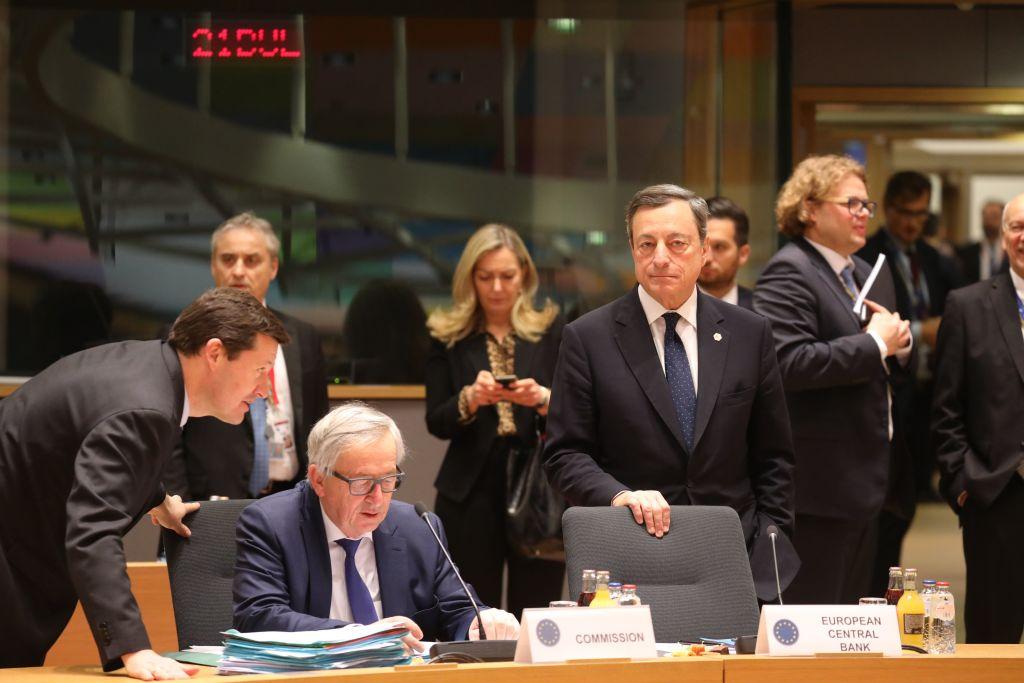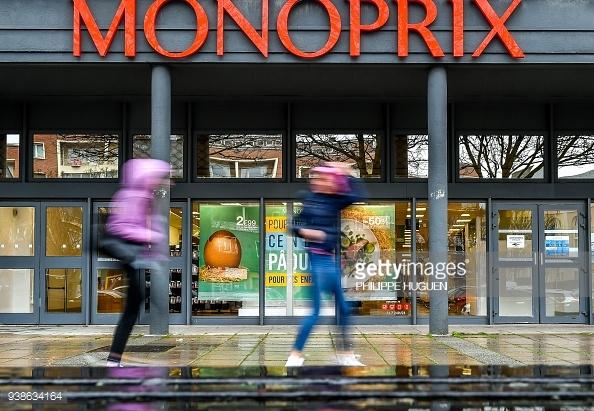Londoners are getting desperate over rising rents, with residents and students taking to the streets and social media over the cramped conditions tenants are forced to accept.
With house-building lagging well behind the population increase in western Europe’s biggest city, prices are soaring beyond anything affordable.
“The situation is becoming untenable,” said retired teacher John Ford, 60, who joined a 2,000-strong protest this month against the government’s new housing bill, which would radically alter public housing and the rights of its tenants.
“My nephew is a young surgeon. He cannot afford, on his salary, to buy a house in London. So this crisis is beginning to eat into the middle class,” he said.
Latest figures show the average London house price was £514,097 in December, up 12.4 per cent in 12 months, compared to a 6.4-per cent increase to £188,270 across England and Wales.
The London-wide median rent is £122 a week for a room in a shared home; £276 for a one-bedroom property and £402 for a three-bedroom home.
Many “generation rent” young professionals, whose parents bought comfortable homes in their early 20s, have given up on their dream of ever affording a property in London.
Students are also feeling the crisis bite.
At University College London, more than 150 students have gone on a rent strike. One UCL block has rooms costing as much as £262 a week.
At this month’s protest outside Downing Street, two UCL students carried a symbolic home-made housing ladder, with all but the very top rungs knocked out.
“I don’t see any prospect of owning a home – certainly not in London,” said its co-creator, doctorate student Liam Shaw, 24.




